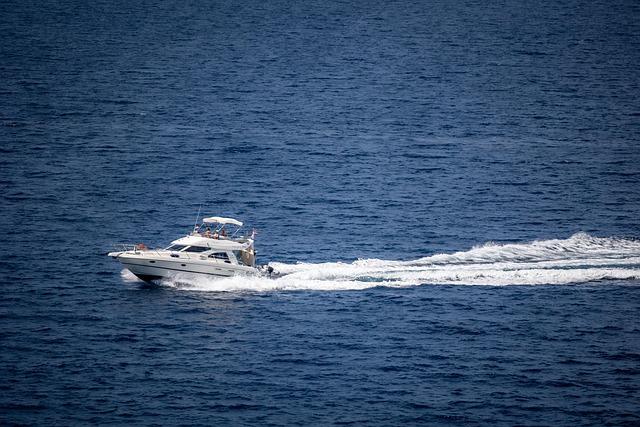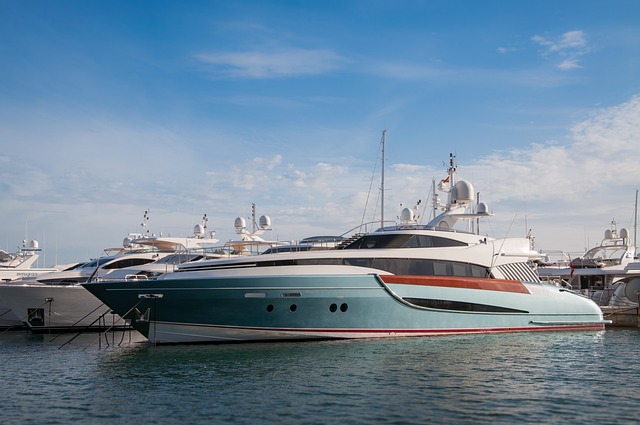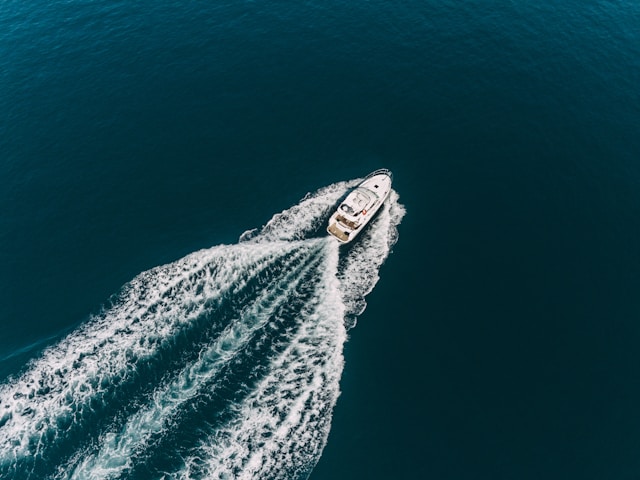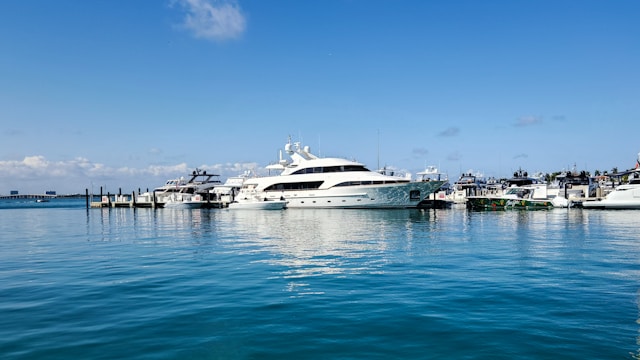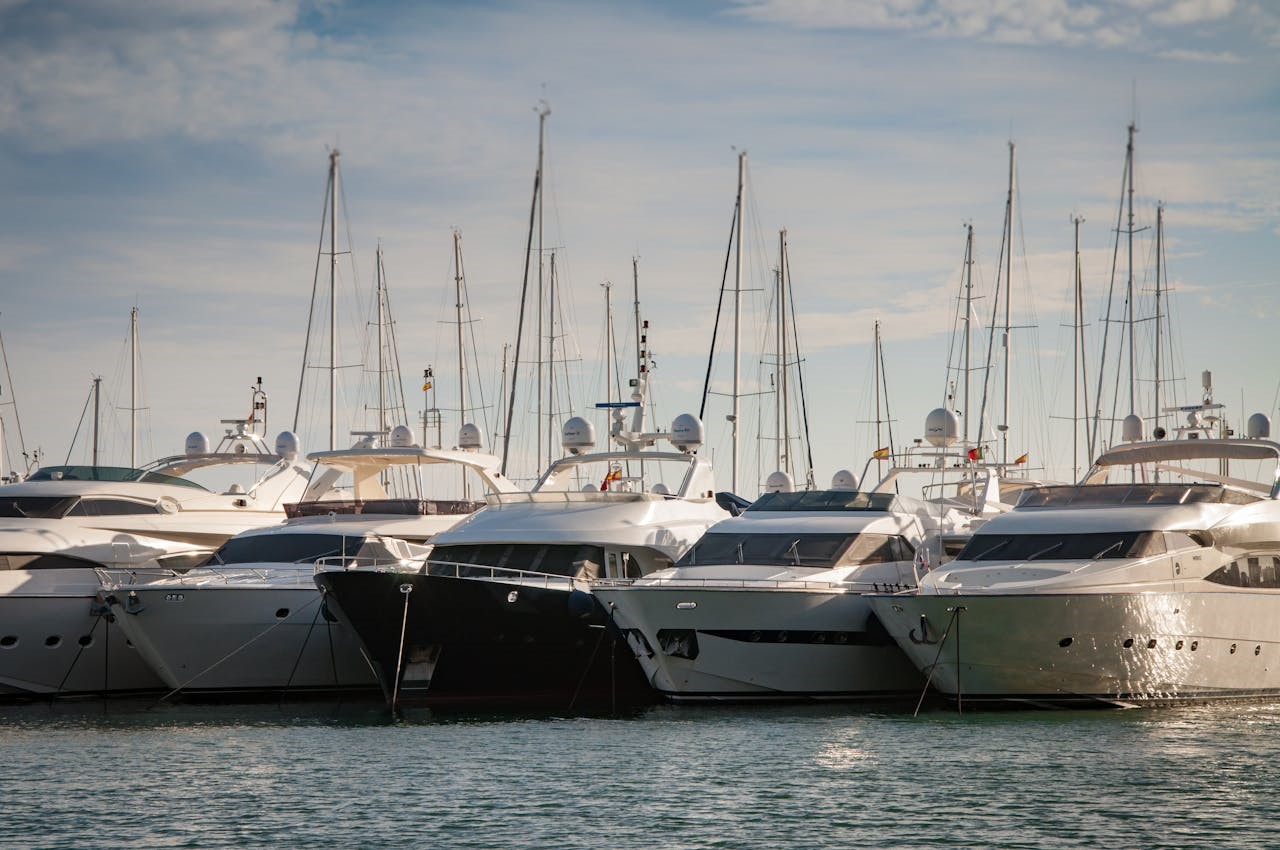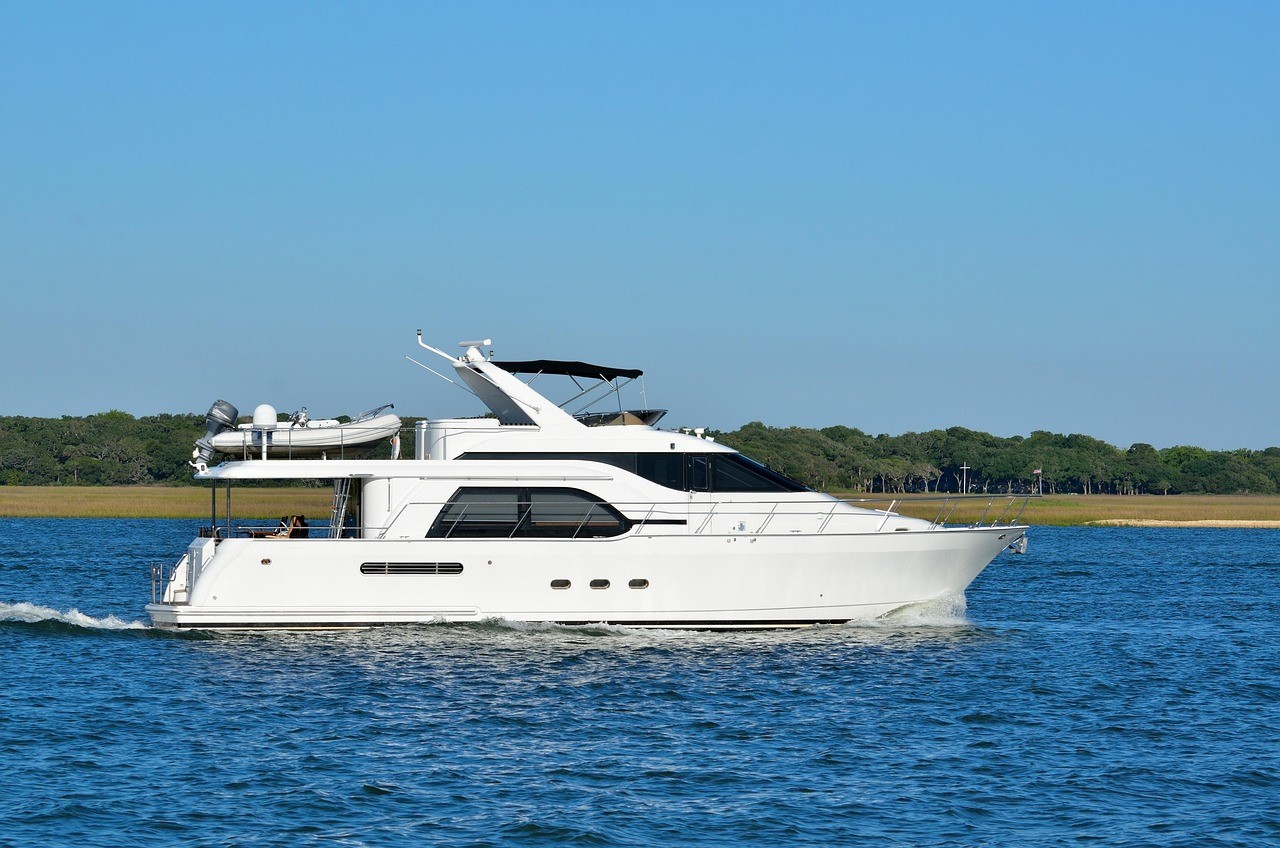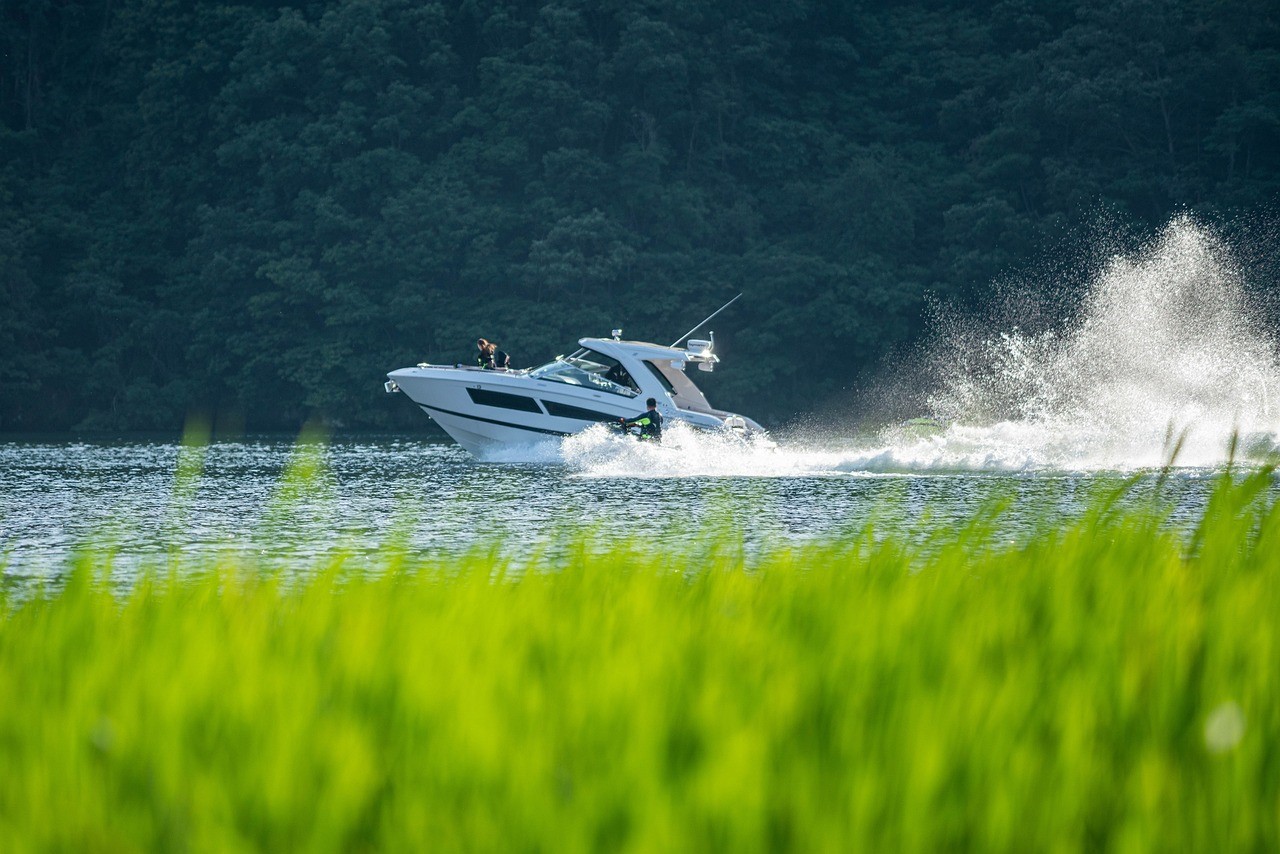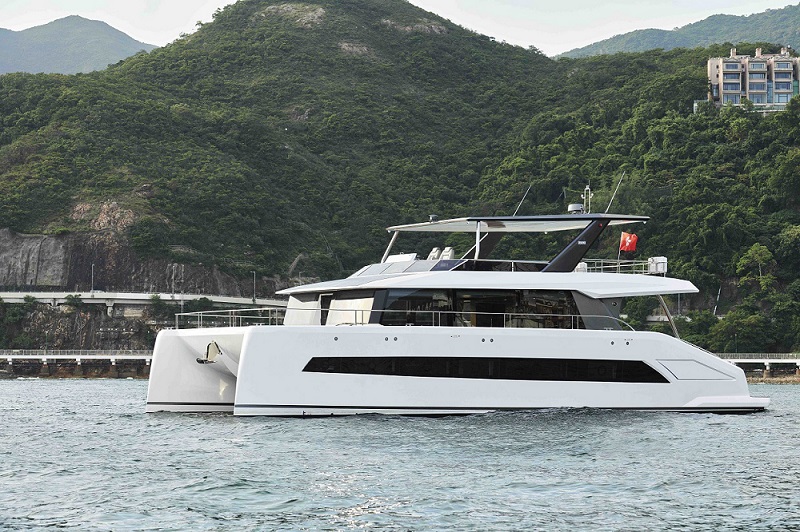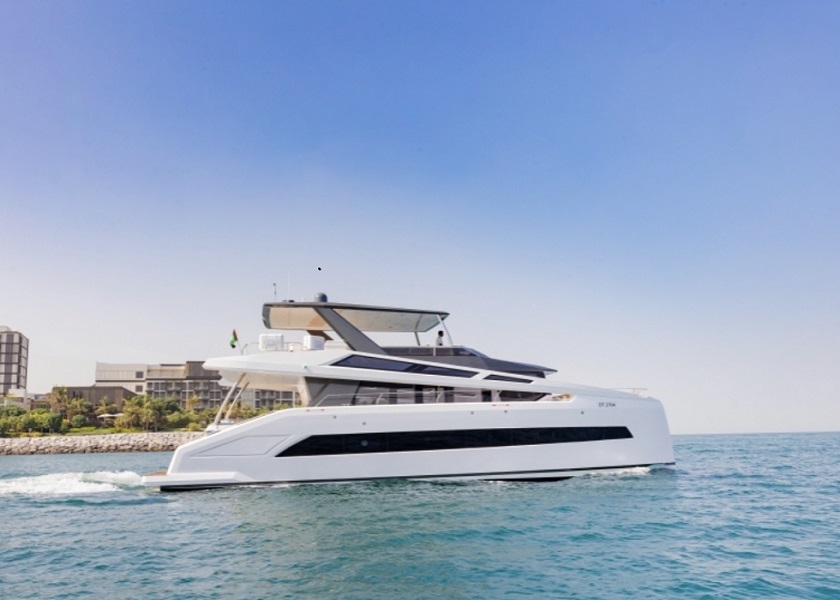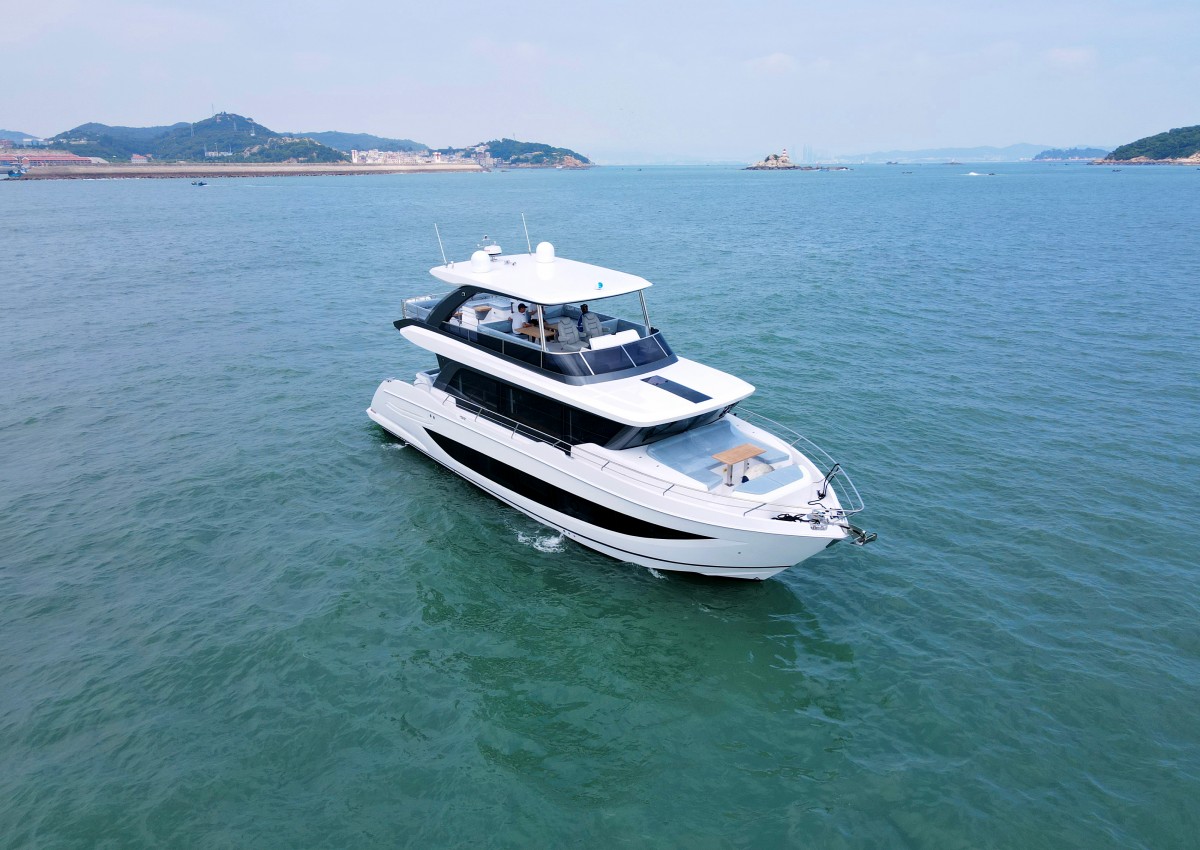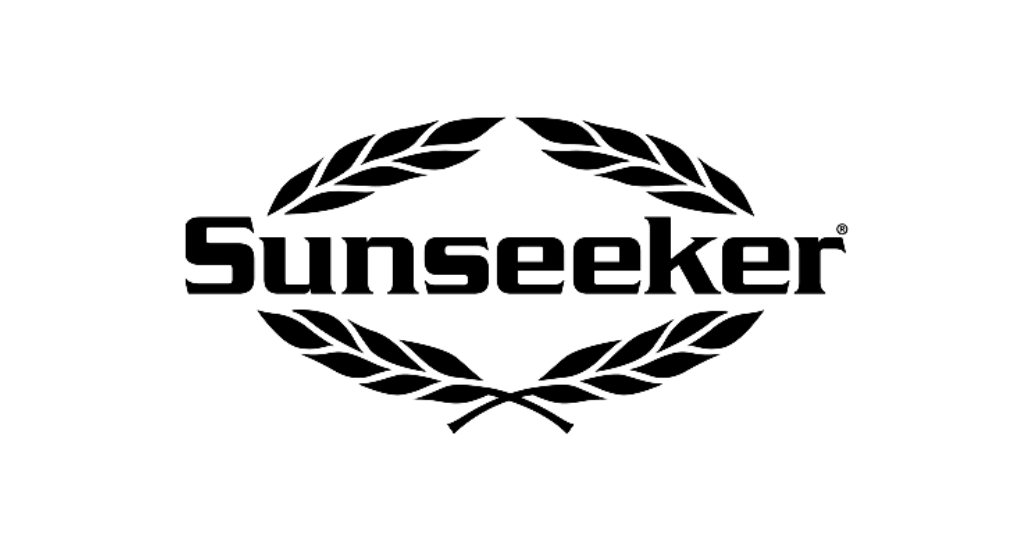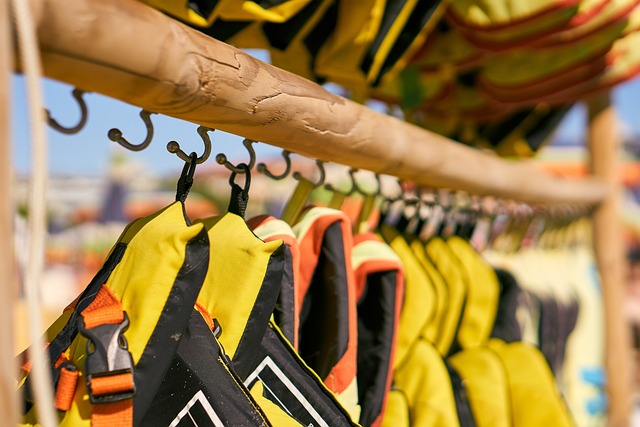In the boat market, used boats are cheaper and there are more types to choose from, but it is difficult to be completely sure of the condition of a boat when buying a used boat and there are many things to keep in mind. In this article, we have listed 10 things to keep in mind when buying a used boat that can help you select a used boat in good condition.
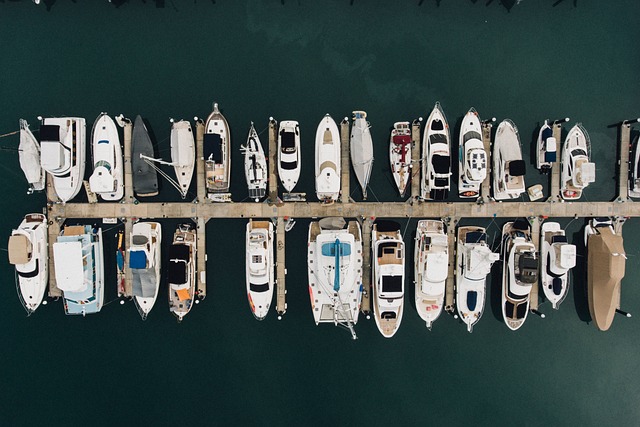
Hull
As the core component of a boat, the condition of the hull is related to the safety of navigation and the performance of the boat. When buying a used boat, you need to carefully inspect the hull to see if it has any defects, such as dents, gouges, holes, and so on. Focus on the areas below the draft line, which can be easily damaged by hitting rocks, debris in the water or other boats.
Some older boats have a wooden transom structure, which is likely to be rotten inside after being on the water for a long period of time. You can try lifting the motor up and down or back and forth, and if you notice excessive shaking, it means that the wooden transom structure is weakened or even broken. Additionally, if there are cracks in the hull that are more than two inches in length, or if there are visible signs of repairs, it could suggest that the boat has been involved in a collision.
Deck
When purchasing a used boat, perform a thorough and detailed inspection of the deck. Look for signs of rot, cracks, dents, holes or soft spots in the deck, which should not feel mushy when you push on it with your hands. Check for excessive wear and tear and mound on the seats. If you find signs of rot or plywood delamination, it likely means the boat has hidden damage. If the hull and deck are in good condition, move on to scrutinize the rest of the boat.
Engine
Probably the most expensive part of a boat is the engine, so an engine inspection should not be overlooked when buying a used boat. Look under the bonnet for corrosion, then start the engine for a test run, letting the engine run at full speed for at least 10 seconds; if the engine is loose, smokes, runs unevenly or makes a lot of noise, there is a problem. Also check belts and hoses for signs of age, wear and tear, cracks, and dip your finger in the oil for grit, moisture or metal shavings.
Starter Motor
When the starter motor is defective, the engine will not spin start properly. During the process of starting the engine, you need to listen carefully to the sounds it makes when starting. If you hear clanking, rubbing, or a loud spinning/buzzing sound, it's a sign that there may be a problem with the starter motor. The cause could be water entering the starter and not being able to drain out, and the components inside the starter are corroded, which prevents it from working properly.
Batteries
Typically, the normal life of a battery is about five years. When buying a used boat, you need to pay attention to the boat's battery, checking for corrosion at the battery terminal areas and looking at the battery casing to see if there are any cracks or leaks. Also, make sure that the batteries are securely fastened in the battery tray because, should they become loose, there is a high risk of short-circuit problems, which can lead to dangerous consequences such as fire or explosion.
Electrical Components
It is more common for boats to have electrical problems, most of which are relatively easy to fix. However, problems with electronic components such as radios and GPS often mean that there is a fault in the wiring or electrical system. When buying a used boat, look out for melted wires, damaged insulation, corroded wiring connections, and too many connectors to repair wires, all of which can indicate a larger electrical problem with the boat.
Cables and Hardware
Most systems on a boat rely on cables to run, and when buying a used boat, check all cables and controls for the gearshift, steering and throttle systems to make sure they move smoothly and are free of rust and wear issues. Deck hardware can be costly to repair and replace, and you can see if it's secure by shaking the seats and pulling on hinges, rigging and cleats. Wobbly boat parts can be caused by loose or stripped screws and are relatively easy to fix, but corroded or loose hardware can suggest hidden rot or other damage to the boat.
Trailers
Many jurisdictions require that boat trailers receive the appropriate annual safety inspections, and when purchasing a used boat, it's important to make sure that the trailer's inspection sticker or placard is up-to-date - it's an important sign that the trailer is compliant for the road. Also, look at the trailer's suspension and braking system, keeping an eye out for rot, damage, twisting or severe rust, all of which can seriously affect the trailer's safety. An inspection of the types should not be overlooked either, looking for dry rot, bubbles and gouges, which can lead to a blowout while on the road.
Windchest
The airbox is accordion pleated and made of rubber to protect the boat's control cables, mechanical systems and other components from dirt, debris and water, while ensuring that the components can move properly. If the airbox is damaged, it can cause expensive parts to fail or get inside the boat. When buying a used boat, check it for cracks, splits, loose clips or rust on the ends.
Registration and ownership
When buying a used boat, if you are buying from a marina, the marina, as a legitimate business, will handle matters related to the registration and ownership of the used boat. If buying from a private individual, ask the seller to present a registration card and title with their name and address, as is required for boat trailers. If a loan is required for the purchase, double-check that the registration number matches the make, model and hull identification number, all of which are essential for a loan purchase. Also, ask for and keep the seller's signed bill of sale to confirm warranty coverage and clearly state it in the bill of sale.







 Leave the comment
Leave the comment
